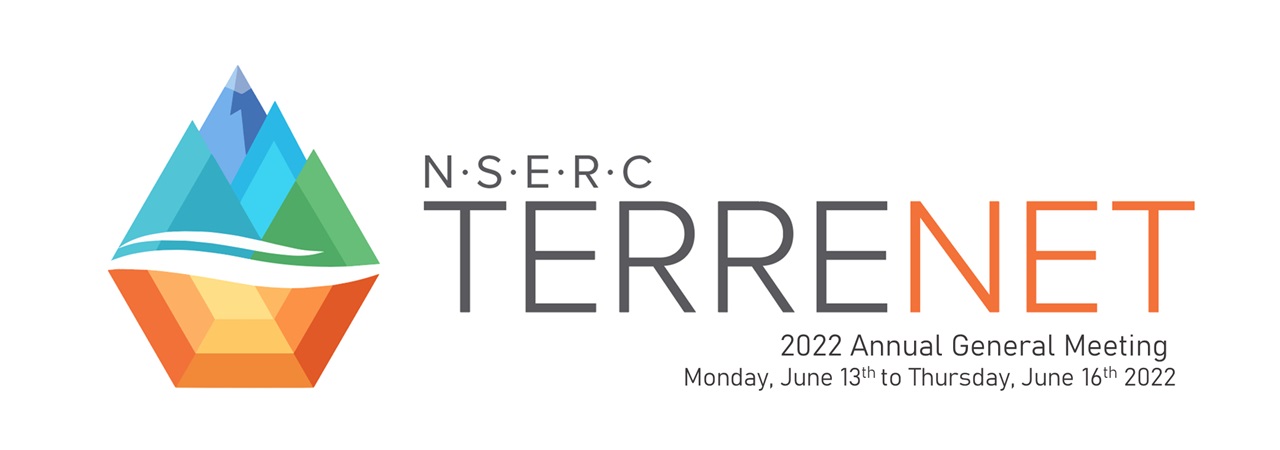Field Research
The TERRE-NET program involves comprehensive field studies at active, decommissioned, and abandoned mine-waste disposal sites across Canada. Field projects will provide insights into the hydrogeochemical and geotechnical behaviour of mine wastes and impacted natural systems, and performance evaluations of in situ remediation approaches. Samples of groundwater, surface water, soils, sediments, mine tailings, and waste rock will be collected for laboratory characterization, use in laboratory experimental systems, and to inform numerical-model simulations.
Laboratory Research
TERRE-NET will integrate leading-edge analytical procedures with conventional techniques to understand mine-waste geochemistry, and to evaluate the performance of passive-treatment technologies and remediation-system design. Analyses will include measurement of geochemical parameters, microbial community composition and function, and solid-phase geochemistry. Synchrotron-based techniques, nano-scale mineralogical approaches, non-traditional stable isotope ratios, and metagenomic sequencing will enhance datasets for integration into numerical models.
Numerical Modelling
Reactive-transport simulations will integrate laboratory and field data to create enhanced predictions of sulfide oxidation rates, oxidant/oxidation-product diffusion rates, mine-waste leaching behaviour, and remediation-system performance, and the release, transport, attenuation, and biogeochemical transformation of contaminants. Conceptual and numerical simulations will streamline waste-material handling at active mine sites and provide quantification of contaminant loadings under existing site conditions and future scenarios (e.g., implementation of remediation strategies).



